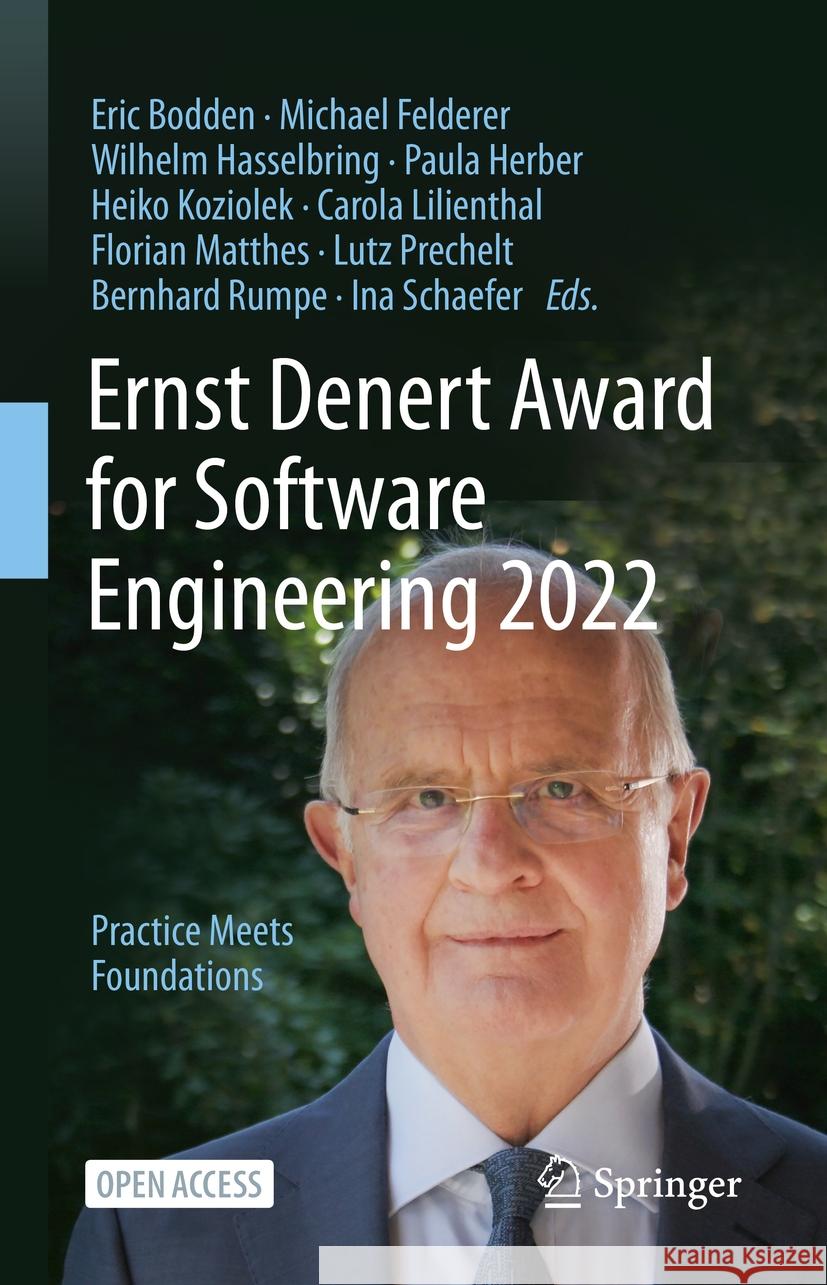Ernst Denert Award for Software Engineering 2022: Practice Meets Foundations » książka
topmenu
Ernst Denert Award for Software Engineering 2022: Practice Meets Foundations
ISBN-13: 9783031444111 / Angielski
Ernst Denert Award for Software Engineering 2022: Practice Meets Foundations
ISBN-13: 9783031444111 / Angielski
cena 201,72
(netto: 192,11 VAT: 5%)
Najniższa cena z 30 dni: 192,74
(netto: 192,11 VAT: 5%)
Najniższa cena z 30 dni: 192,74
Termin realizacji zamówienia:
ok. 16-18 dni roboczych.
ok. 16-18 dni roboczych.
Darmowa dostawa!
Kategorie:
Kategorie BISAC:
Wydawca:
Springer
Język:
Angielski
ISBN-13:
9783031444111











